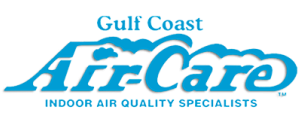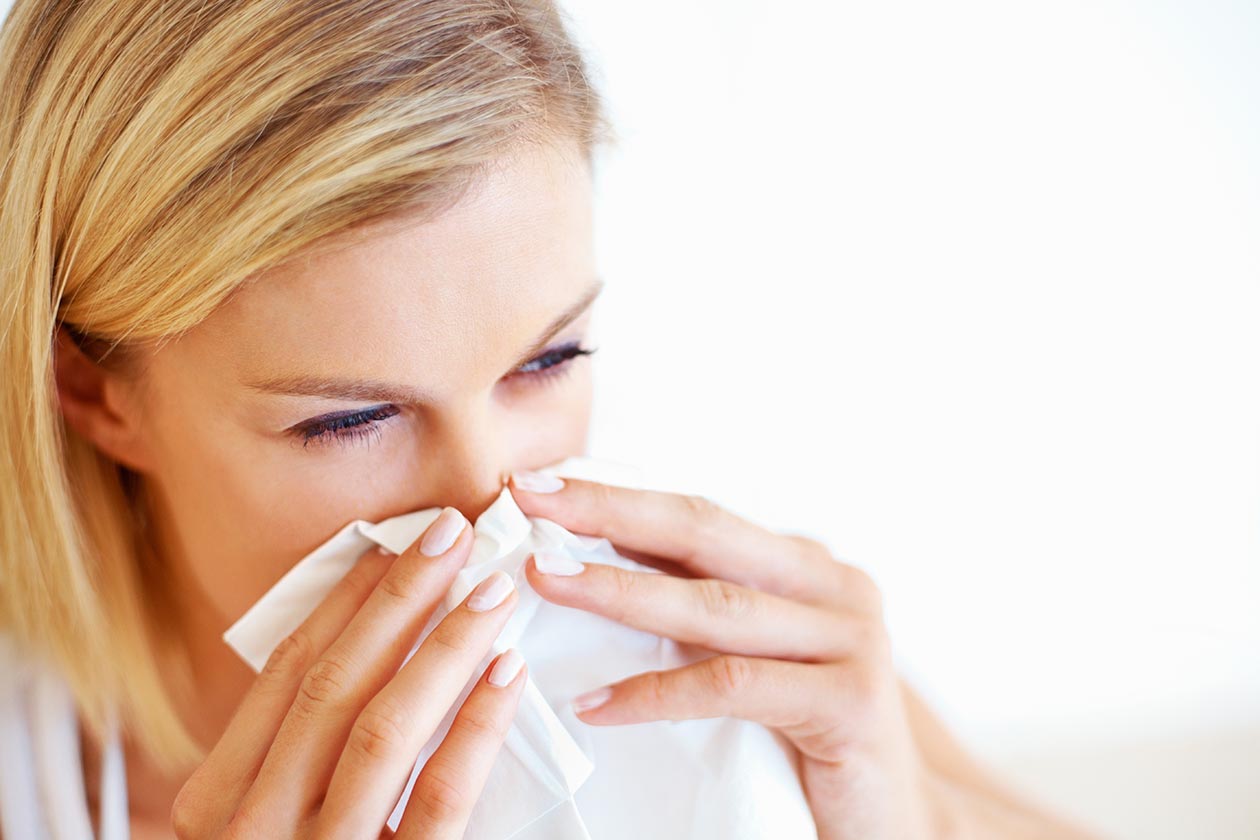Carbon Monoxide (CO), The Deadly Killer
LOW LEVELS OF CARBON MONOXIDE EXPOSURE CAN HAVE SERIOUS HEALTH EFFECTS.
Did you know there is a distinct difference between a CO alarm & a low-level CO Monitor?
YOU WANT A LOW LEVEL MONITOR to know if CO is affecting you at levels below that detected by a less expensive alarm; LOW LEVEL CO Exposure is the most common IAQ misdiagnosis in our country today; often called fatigue, flu symptoms, or general malaise.
Make sure you are aware of how to avoid Carbon Monoxide (CO) in your home. Any fuel-burning appliance that is malfunctioning or improperly installed or not inspected and maintained can be a source of CO. These can include a gas range/stove, furnaces, gas clothes dryers, water heaters, gas or wood fireplaces, wood-burning stove and auto exhaust from an attached garage.
20 parts per million (PPM) exposure can have serious health effects; many alarms will not alert you until you are exposed to 70PPM for over an hour!!! By then it is too late, you will already be affected by carbon monoxide.
Commonly misdiagnosed, Initial symptoms are similar to the flu with no fever. Dizziness, fatigue/weakness, throbbing headache, nausea, vomiting, irregular breathing, sleepiness, and confusion can all be possible symptoms of carbon monoxide exposure.


